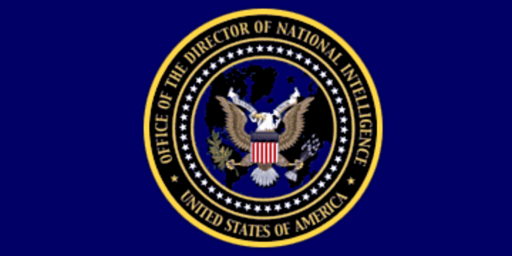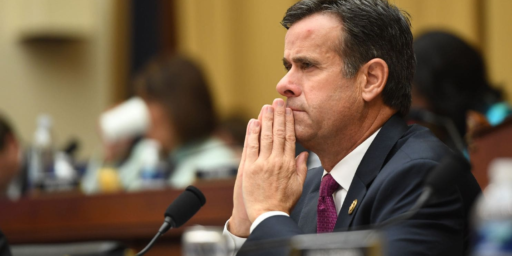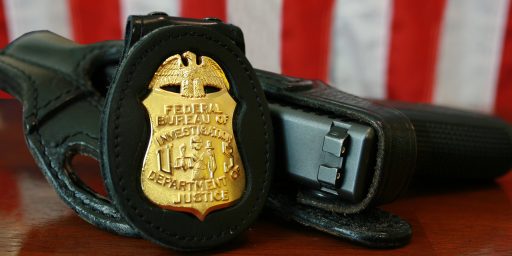9/11 Commissions: Recommendations
From tomorrow’s NYT — And Now for the Hard Part [RSS]
The Sept. 11 commission can now say with real authority that it knows what went wrong. After an 18-month inquiry that has taken its investigators from the mine-strewn wastelands of Afghanistan to the Oval Office, the commission has rewritten the history of the attacks, with riveting public hearings and finely detailed, chilling interim reports that demonstrated how the nation left itself unprepared on that sunny September morning, and why the government is almost certainly unprepared if the terrorists strike again now.
With the fact-finding over, the hard part may be just ahead. The commission’s five Democrats and five Republicans, who have mostly subjugated their otherwise stark partisan differences until now, must retreat behind closed doors beginning this week and decide how the government, and especially the intelligence community, should be changed if there is any hope of defending the nation from an enemy that is morphing into something that may be even more deadly and hard to find.
With their final report due late next month, the members of the commission say they are trying to come up with a package of recommendations that will be revolutionary – especially when it comes to the way the government gathers intelligence and shares it, the focus of the panel’s harshest criticism in the past – but will also be realistic enough to be accepted quickly in Congress and in the White House.
The commission’s leaders have vowed to continue to lobby for the recommendations long after the commission itself has shut down; they know that the likely institutional targets for overhaul, especially the Federal Bureau of Investigation, the Central Intelligence Agency and the Pentagon, have powerful constituencies on Capitol Hill that they have developed over generations, and will resist any change that limits their authority or shifts it elsewhere.
Dropping its longstanding insistence that change was not needed, the Bush administration has said that it is open to a reorganization of counterterrorism agencies, if only to switch the subject from its bleak intelligence failures in the months leading up to Sept. 11.
***
Members of the independent commission led by Mr. Kean say that if they decide not to recommend the establishment of an MI-5-like agency, they will likely call for a reorganization of the F.B.I., possibly to create an agency-within-an-agency that can oversee domestic intelligence and perhaps someday be split off from the bureau.
But as they set to work in earnest on agreeing on solutions, the independent commission is finding itself where it has said repeatedly that it does not want to be, pulled into an election-year debate over the Bush administration’s counterterrorism policy and its justifications for the war with Iraq.
***
There are counterterrorism specialists who hope, however, that the commission decides against the broad intelligence overhaul that it has long seemed likely to recommend. Warren B. Rudman, the former Republican senator from New Hampshire who was co-chairman of a commission on homeland security that foresaw an attack like Sept. 11 only months before it occurred, said he believed the F.B.I. and C.I.A. had largely recreated themselves since Sept. 11 for the better, and that their dismantling could endanger the nation while the new structure is put in place.
“It would take forever to build a new intelligence community, and I don’t think we’ve got that kind of time,” he said. “I don’t think there’s anything fundamentally wrong with the structure.”
Far better, he explained, would be to beef up the technological abilities of the government to monitor terrorist threats and to commit to providing police departments, fire departments and other so-called first responders with the equipment they need to react to new attacks, which he said were bound to occur on American soil.
“It’s very, very much worth repeating,”‘ he said. “The American people ought to really understand that while their government is doing everything it possibly can, nothing will be enough.”‘
An interesting point. Clearly, a lot has indeed happened to reorganize and refocus the counter-terrorism portion of the IC, especially CIA-FBI interaction. It’s impossible to tell from my current vantagepoint whether it’s enough. Certainly, though, a major overhaul in the midst of a war would be unprecedented.




